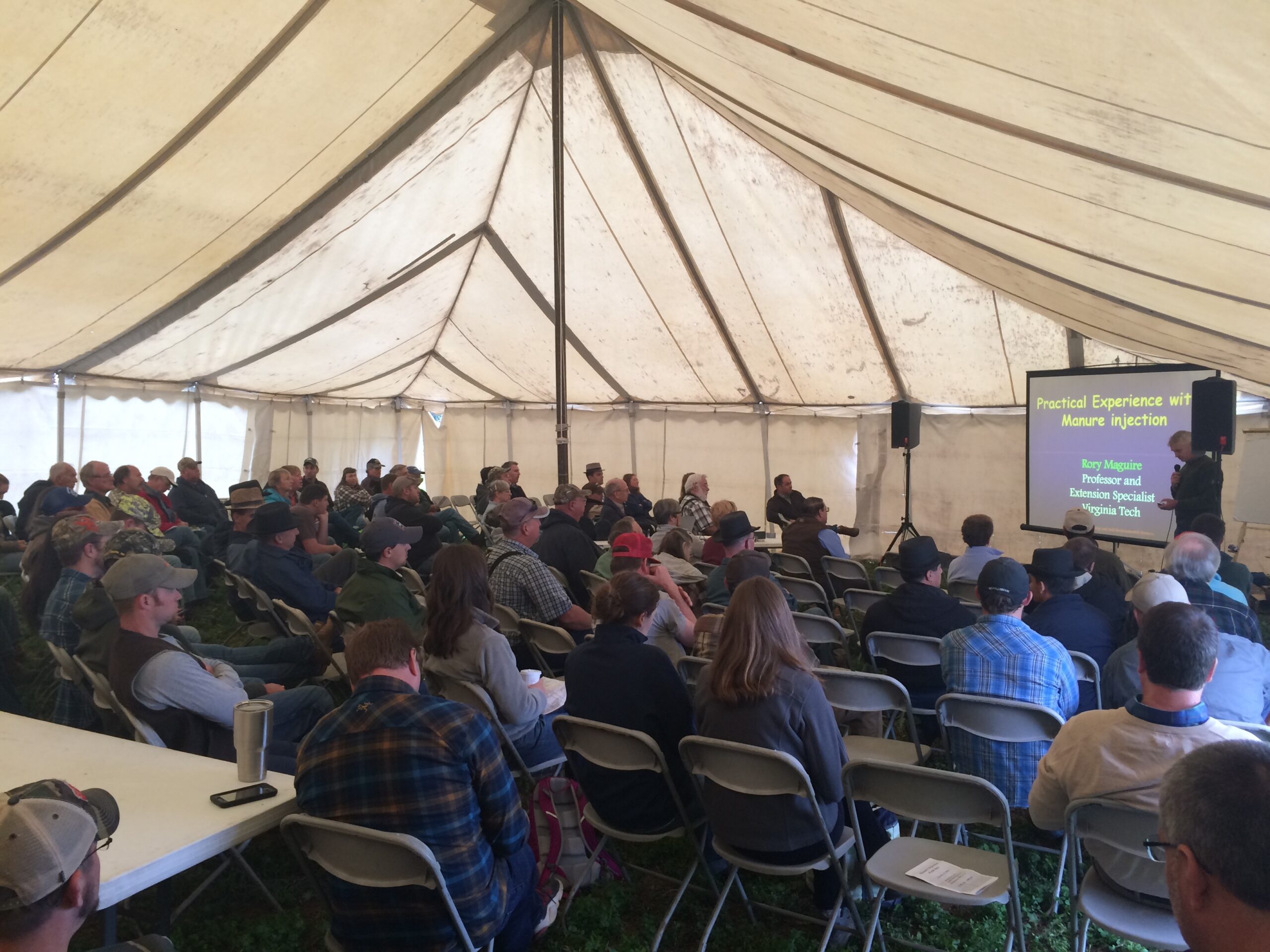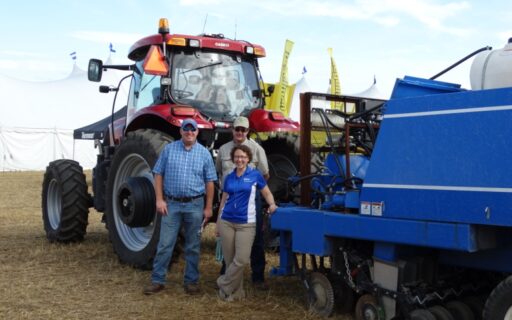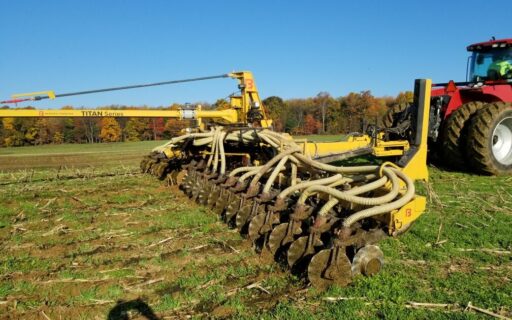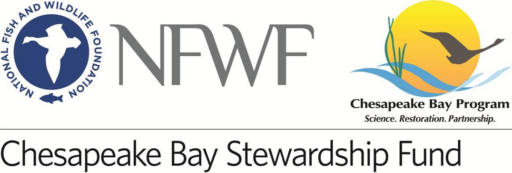The Manure Injection Partnership
The Manure Injection Partnership (the Partnership) has been working collaboratively for over ten years to expand the adoption of manure injection and nutrient management. Our goal is to fundamentally change the way manure is managed in the Chesapeake Bay region by establishing manure injection coupled with nutrient management planning as widely adopted practices. Doing so will help farmers better utilize their manure nutrients and improve water quality in Chesapeake Bay surface and groundwater resources. According to the Chesapeake Bay Program, manure injection and advanced nitrogen management reduce nitrogen loss from fields receiving liquid manure fertilizer by 27-37%, and phosphorus loss by 22-36%, depending on a farm’s location. To expand adoption of these practices, we propose to utilize the following proven strategies: innovative implementation incentives, outreach and education, and collaboration.
Results
Our goal is to make manure injection the new norm.
— Jeff Zimmerman, Owner, Agri-Applicators, Inc.
Custom manure applicators now offer manure injection services in the region
Conservative number of farmers now injecting manure
Additional Resources
Innovative implementation incentives: One of the most successful approaches we have utilized is to partner directly with manure applicators and incentivize them to invest in new equipment by paying them on a per-acre basis for implementation. This approach works well because our manure applicator partners are motivated – and very well-positioned – to encourage their clients to try manure injection. Our custom manure applicator partners have been key to the success of this effort. To date, we have partnered with six custom manure applicators who have in turn, invested in commercial-scale, low disturbance manure injection equipment and encouraged their clients to give it a try. With support from these industry leaders, in the last ten years, there are at least 20 custom applicators that now offer manure injection services.

Tim McMichael, Owner of McMichael Custom Spreading, Inc. purchased a VTI drag hose manure injection toolbar to inject manure.
This video features three farmers in the Bay watershed and their manure applicator business partners talking about why manure injection support from profitability.
We are also partnering with conservation districts and nutrient management planners to encourage adoption. In Virginia, we helped the Shenandoah Valley Soil and Water Conservation District secure funding for implementation. As a result of their leadership, manure injection cost share is now available in Virginia. In Pennsylvania, we helped the Lancaster County Conservation District secure funding from the Campbell Foundation that in turn was used by ELS Manufacturing (an Amish equipment manufacturer) to develop the first horse-drawn manure injection unit in the nation. Both Lancaster and Lebanon County Conservation Districts now offer manure injection cost share incentives to farmers in their districts.

With leadership from the PA 4R Alliance, nutrient management planners are helping farmers who inject manure to capture the full value of their manure nutrients while reducing supplemental nitrogen fertilizer input costs. Coupling nutrient management with manure injection is key to achieving both farm profit and environmental benefits of manure injection. Eric Rosenbaum (Owner, Rosetree Consulting and Executive Director of the PA 4R Alliance) worked with Jeff Herring (Owner, Herring Farms) to help Jeff eliminate 4 trailer loads of nitrogen through manure injection.
Outreach and education are the cornerstones of our efforts. With coordination provided by project partners and leadership from the PA 4R Alliance and land-grant university nutrient management experts from Cornell University, Pennsylvania State University, University of Maryland, and Virginia Tech, the Partnership is leading this effort through presentations at farmer meetings, field days, and continuing education credit training events for NM planners, certified crop advisors, and conservation professionals. Our goal is to grow producer and conservation professional confidence in implementing manure injection coupled with nutrient management planning to maximize farm financial sustainability and water quality improvements.

Improved coordination: We know that successful collaboratives thrive with strong backbone support. Sustainable Chesapeake is committed to strengthening and growing The Manure Injection Partnership so that we can bring the benefits of manure injection and improved nutrient management to farmers throughout the Chesapeake Bay region.










